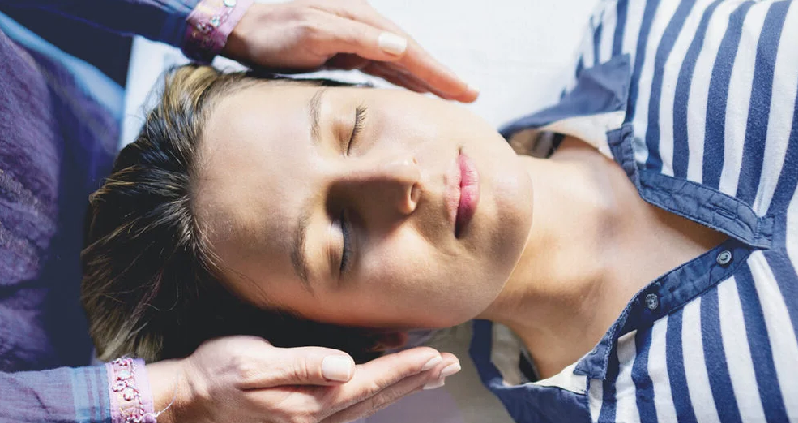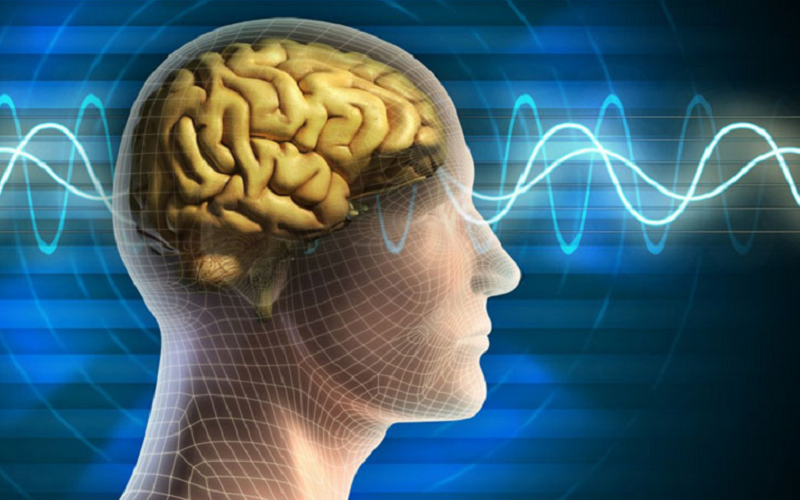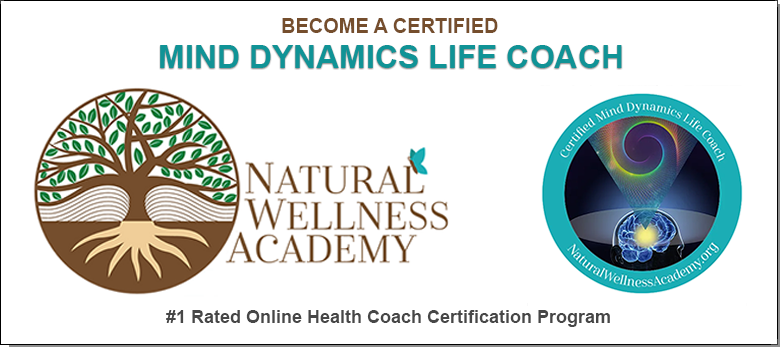Understanding the profound link between our minds and bodies is essential for achieving holistic wellness. Energetics counseling, an innovative approach rooted in ancient practices and modern science, offers a unique perspective on this connection. By focusing on the flow of energy within our bodies, this counseling method aims to promote physical health, emotional balance, and spiritual growth.
Historical Background of Energetics Counseling
Energetics counseling has a rich history that intertwines ancient wisdom with modern scientific understanding.
Origins and Evolution of Energetics Counseling
The roots of energetics counseling can be traced back to ancient civilizations that recognized the importance of energy flow within the human body. Traditional Chinese Medicine (TCM), with its emphasis on Qi (vital energy) and the meridian system, is one of the earliest examples. Similarly, Ayurvedic medicine from India focuses on balancing the body’s energy through doshas and chakras.
In the early 20th century, the concept of bioenergetics emerged, blending these ancient practices with Western psychological theories. This period marked a significant evolution as practitioners began to systematically study and apply energy-based therapies in a clinical setting.
Key Influencers and Pioneers in the Field
Several key figures have significantly influenced the development of energetics counseling. Wilhelm Reich, an Austrian psychoanalyst, was a pioneer in exploring the relationship between energy flow and emotional well-being. His work laid the foundation for modern bioenergetics.
Another influential figure is Dr. John Pierrakos, who, along with Alexander Lowen, developed bioenergetic analysis, a form of body psychotherapy that integrates physical and emotional healing through energy work. Their contributions have been instrumental in bridging the gap between traditional energy practices and contemporary therapeutic methods.
Integration of Ancient and Modern Practices
The integration of ancient practices with modern science has been a cornerstone of energetics counseling. Techniques such as acupuncture, yoga, and Reiki, rooted in centuries-old traditions, are now commonly incorporated into contemporary counseling sessions.
Modern practitioners also utilize advancements in neuroscience and psychosomatic medicine to enhance the effectiveness of energetics counseling. This blend of old and new provides a holistic approach that addresses the complex interplay between mind, body, and energy.
Principles of the Mind-Body Connection
Understanding the principles of the mind-body connection is crucial for appreciating the effectiveness of energetics counseling.
Overview of the Mind-Body Connection
The mind-body connection refers to the intricate and dynamic relationship between our mental states and physical health. This concept posits that our thoughts, emotions, and psychological processes can influence bodily functions and overall health. This interconnection is a foundational principle in many holistic health practices, including energetics counseling [1].
Scientific Basis for the Mind-Body Relationship
Modern science has provided substantial evidence supporting the mind-body connection, highlighting the complex interactions between the brain, nervous system, and immune system.
Neuroscience Insights
Neuroscience has revealed how emotional and psychological states can directly impact brain function and structure. Studies have shown that stress, anxiety, and other mental states can alter neural pathways and affect brain chemistry. This can lead to various physical symptoms and conditions, illustrating the profound impact of the mind on the body.
Psychosomatic Medicine
Psychosomatic medicine explores how psychological factors contribute to physical ailments. This field of study emphasizes that many physical diseases, such as heart disease, gastrointestinal disorders, and chronic pain, often have psychological components. Understanding this interplay is essential for developing effective treatment strategies that address both mental and physical health.
Holistic Health Perspectives
Holistic health approaches consider the mind, body, and spirit as interconnected and interdependent aspects of an individual’s well-being. These perspectives emphasize the importance of balance and harmony among these elements to achieve optimal health.
Holistic practices such as meditation, yoga, and acupuncture recognize the mind-body connection and aim to restore balance through various techniques. Energetics counseling incorporates these holistic principles, using energy-based methods to promote physical, emotional, and spiritual health [2].

Core Concepts of Energetics Counseling
Energetics counseling is built on several foundational concepts that guide its practices and techniques.
Energy Fields and Bioenergetics
Energy fields, often referred to as the human energy field or aura, are believed to surround and permeate the body. Bioenergetics is the study of these energy fields and how they influence physical and emotional health. Practitioners of energetics counseling work with these fields to identify imbalances or blockages that may be affecting a person’s well-being.
Chakras and Energy Centers
Chakras are energy centers within the body that play a crucial role in maintaining health and balance. There are seven main chakras, each associated with specific physical, emotional, and spiritual functions. Energetics counseling often involves techniques to balance and align these chakras, promoting the free flow of energy throughout the body.
Meridian Systems and Energy Flow
The meridian system is a network of energy pathways that connect different parts of the body. This concept, rooted in Traditional Chinese Medicine, highlights how energy (Qi) flows through these meridians to support health. Blockages or disruptions in this flow can lead to various ailments. Energetics counseling uses methods such as acupressure and acupuncture to stimulate these pathways and restore balance [3].
Techniques Used in Energetics Counseling
Energetics counseling incorporates a variety of techniques to address energy imbalances and promote holistic health. These methods range from hands-on practices to mindfulness exercises.
Energy Healing
Energy healing involves techniques such as Reiki, therapeutic touch, and Qigong. These practices focus on channeling healing energy into the body to remove blockages and support the body’s natural healing processes. Practitioners use their hands to direct energy and facilitate balance within the client’s energy field.
Mindfulness and Meditation
Mindfulness and meditation are essential components of energetics counseling. These practices help individuals become more aware of their energy states and develop the ability to influence their energy flow positively. Techniques such as guided meditation, breathwork, and visualization are commonly used to promote relaxation and enhance energy awareness.
Body Movement Therapies
Body movement therapies like yoga and Tai Chi integrate physical movement with energy work. These practices help to harmonize the body and mind, encouraging the smooth flow of energy throughout the body’s meridian and chakra systems. Movement therapies also improve physical health, flexibility, and mental clarity, contributing to overall well-being.
Benefits of Energetics Counseling
Energetics counseling offers a range of benefits that encompass physical health, mental and emotional well-being, and spiritual growth.
Physical Health Improvements
Energetics counseling can lead to significant improvements in physical health by addressing energy imbalances and promoting the body’s natural healing processes.
Pain Relief
Many clients report relief from chronic pain conditions through energetics counseling. Techniques such as Reiki and acupuncture can help reduce inflammation, alleviate muscle tension, and improve circulation, leading to decreased pain and discomfort [4].
Enhanced Immune Function
Balancing the body’s energy can strengthen the immune system, making it more effective at fighting off illnesses. Regular energetics counseling sessions can boost overall vitality and resilience, helping clients maintain better health and recover more quickly from illnesses.
Mental and Emotional Well-Being
Energetics counseling profoundly impacts mental and emotional health, providing tools and techniques to manage stress and achieve emotional balance.
Stress Reduction
One of the most immediate benefits of energetics counseling is stress reduction. Practices such as mindfulness, meditation, and energy healing help calm the mind, reduce anxiety, and promote a sense of inner peace. This can lead to improved mental clarity and emotional stability.
Emotional Balance
Energetics counseling helps clients process and release negative emotions, fostering a greater sense of emotional balance. By addressing energy blockages related to past traumas or emotional distress, clients can experience increased emotional freedom and well-being.
Spiritual Growth and Awareness
Energetics counseling also supports spiritual growth, helping individuals connect with their higher selves and achieve a deeper sense of purpose.
Connection to Higher Self
Through practices such as chakra balancing and energy healing, clients can develop a stronger connection to their higher selves. This enhanced spiritual awareness can lead to greater insights, intuition, and a more profound understanding of one’s life path.
Spiritual Fulfillment
Many clients find that energetics counseling provides a sense of spiritual fulfillment and wholeness. By aligning their energy with their spiritual goals, individuals can experience a greater sense of peace, contentment, and purpose in their lives.
References
[1] Somatic Therapy and the Mind-Body Connection
[2] The Healing Energy of Reiki and the Mind-body Connection
[3] Expanding the Mind–Body–Environment Connection
[4] Energy therapy: What to know


